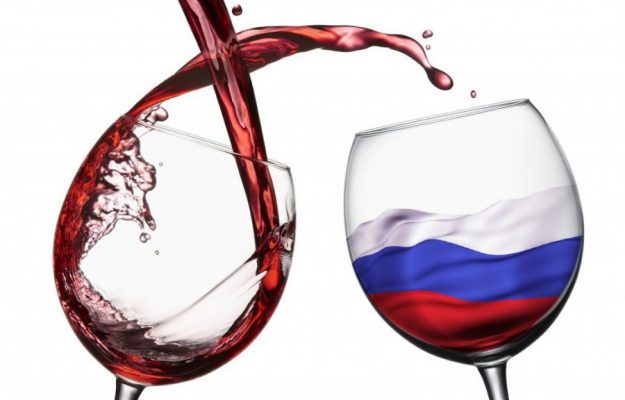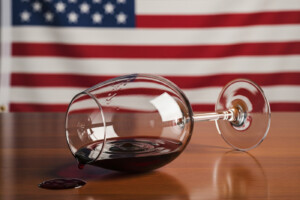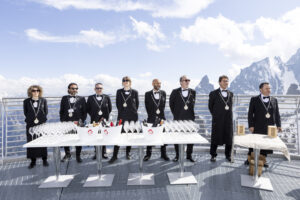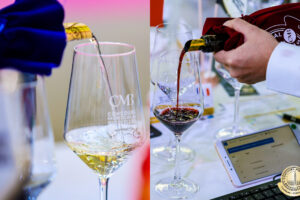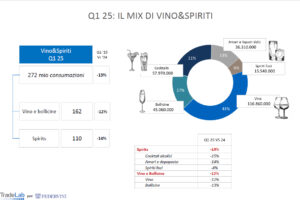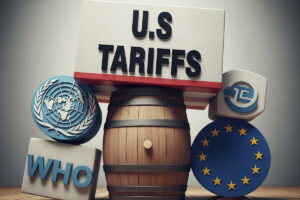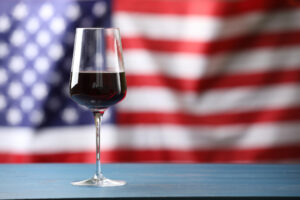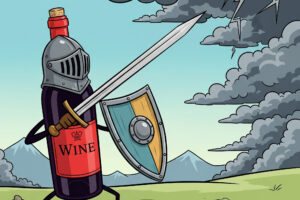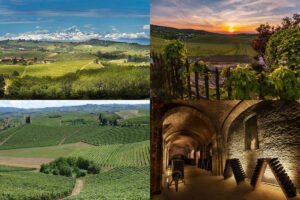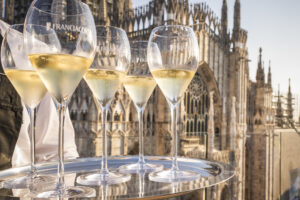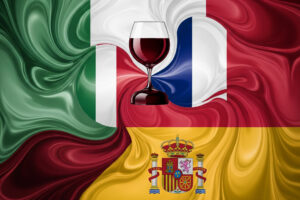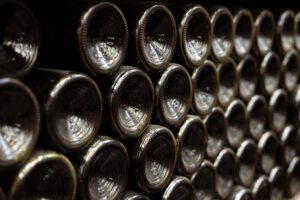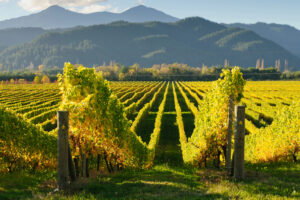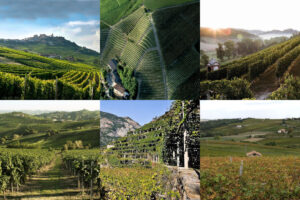Stop to European wines to Russia, but, in fact, only formally, in the vast majority of cases. As expected and reported by WineNews, the fourth wave of sanctions decided by the EU against the Kremlin for the invasion of Ukraine (which also concerns the financial, metallurgical and other sectors), includes all the wine production of the Continent into the sanctions, but then it excludes most of them, given that one of the articles of the regulation “Implementing Regulation (EU) 2022/427 of the Council of 15 March 2022 which implements regulation (EU) no. 269/2014 concerning restrictive measures relating to actions that compromise or threaten the territorial integrity, sovereignty and independence of Ukraine”, published in the EU Official Journal, provides that “the prohibition referred to in paragraph 1 applies to luxury goods listed in Annex XVIII (including PGI wines, varietals, Champagne, Asti and others, ed.) to the extent that their value exceeds 300 euros per item, unless otherwise specified in the annex”. A threshold that, therefore, leaves out most of the European production and that of Italy, the first supplier of wine to Russia (with 149 million euros in 2021 according to Istat data, which reaches 345 adding the Italian wines that come from triangulations with other states, according to Nomisma Wine Monitor).
Obviously, with a Russia at war, albeit outside its borders, an economy heavily hit by the economic sanctions of the EU and other NATO countries, devalued the ruble and logistical difficulties, the impact will also be obvious for wine, as already was underlined in recent day to WineNews from Federvini and Unione Italiana Vini (Uiv). But, in any case, the threshold of 300 euros per item protects, at least from the block by law, wine and many other products. “Made in Italy wine is largely spared by the new sanctions made by the European Union against Putin’s Russia for the war in Ukraine”, reiterates Coldiretti on the blocking of exports of luxury goods involving wines, spirits, beer, truffles and caviar. “To be affected by the embargo are the extra precious bottles with a value of more than 300 euros per item. Italy - reports Coldiretti - is the first wine supplier country in Russia, with a market share of about 30%, ahead of France and Spain, and in 2021 registered a boom in demand for sparkling wines starting from Prosecco and Asti, explicitly indicated in the black list of the European Union, but among the most popular denominations there are also the Tuscan, Sicilian, Piedmontese and Veneto Dop wines”.
“If Italian wine is being saved, at least partially, from EU sanctions, the italian agri-food sector still feels the pressure of the embargo decided by Putin with decree no. 778 of 7 August 2014 as a response to Western sanctions for the annexation of Crimea. A block that has already cost Italian agri-food exports 1.5 billion in the last 7 and a half years. The decree still in force affects - underlines Coldiretti - an important list of agri-food products with a ban on the entry of fruit and vegetables, cheeses, meat, and cold cuts, but also fish, from the EU, the USA, Canada, Norway and Australia. The agri-food sector is, until now, the only sector directly affected by the embargo which has led to the complete elimination of exports to Russia of made in Italy products on the black list such as cured meats, cheeses and fruit and vegetables made in Italy, not saving also specialties, from Parmigiano Reggiano to Grana Padano, from Parma ham to San Daniele ham”.
To the direct damage of the lack of exports to Russia, the agricultural organization reminds us once again, is added the spread on the Russian market of different imitations of products that have nothing to do with made in Italy, the product that are made instead in Russia such as parmesan, mozzarella, robiola, or in countries not affected by the embargo such as scamorza, mozzarella, provoletta, mascarpone and ricotta Made in Belarus, but also salami Milano and gorgonzola produced in Switzerland and Reggianito of Brazilian or Argentine origin. In Russian supermarkets, you can find the local substitutes that have taken the place of original Italian foods, from “Casa Italia” mozzarella to “Buona Italia” salad, from Unagrande robiola to Milan mortadella. The harm also concerns Italian restaurants in Russia which, after a rapid explosion, had to give up original Made in Italy food products”.
Copyright © 2000/2025
Contatti: info@winenews.it
Seguici anche su Twitter: @WineNewsIt
Seguici anche su Facebook: @winenewsit
Questo articolo è tratto dall'archivio di WineNews - Tutti i diritti riservati - Copyright © 2000/2025










